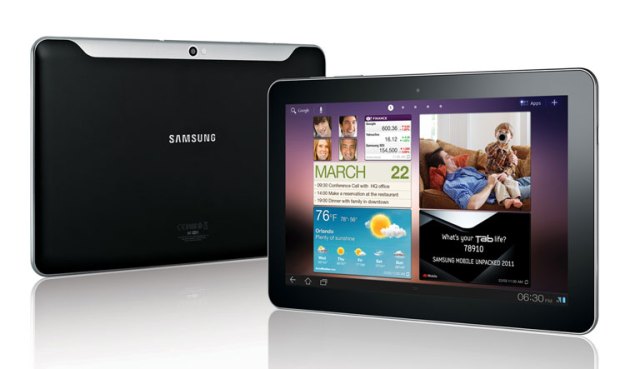
In a bid to steal a bit of Apple’s thunder, the Tribune Co., one of the biggest news corporations in the U.S., is developing its own tablet. The company, which owns the Chicago Tribune, The Baltimore Sun, and the L.A. Times, plans on offering the tablet to newspaper subscribers.
According to a CNN report, the tablet should be powered by a version of Android that will feature the subscriber’s hometown newspaper. The company’s goal is ” to offer the tablet for free, or at a highly subsidized price, to people who agree to sign up for extended subscriptions to one of its papers and possibly a wireless-data plan with a partner cellular carrier,” said the report.
The tablet is being built by Samsung. A trial run in Chicago and Southern California was supposed to begin this month, but has been delayed.
As expensive as a tablet can be, the costs of laying out, printing and delivering a newspaper every day can also be pretty considerable. Analysts, pointing at rising ink prices, think the model is probably viable. This assumes that advertising revenue on digital platforms stays the same as in print. While that has yet to prove true, having a dedicated newspaper tablet platform is likely to allow more ad space and produce more ad contracts than the current media free-for-all.
It’s an interesting potential revenue stream for the company, which is still struggling to find a way to get out of bankruptcy. Pretty clever, too, in that it’s the first time a major company has tried to find a way to copy the mobile carrier model of offering massive hardware subsidies in exchange for guaranteed contracts.
By dangling a shiny new tablet in front of subscribers, Tribune can get people committed to its news ecosystem (or at least have them pay like it), which has proven to be an incredibly difficult thing for newspapers to do in the last decade. As a bonus, Tribune automatically will start shifting users away from print and onto its digital offerings, paving the path for a rosy tablet-newspaper future.


